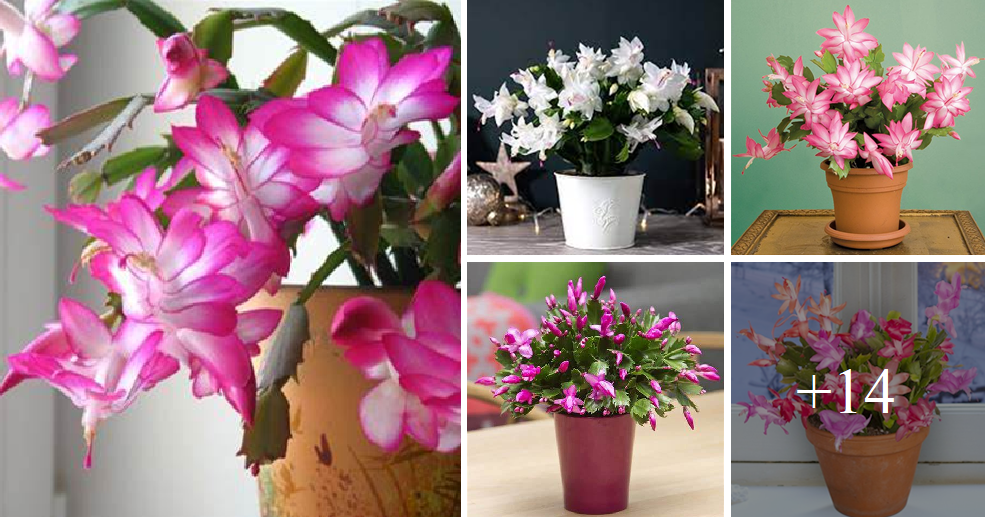During the holidays, stores are filled with acres of blooming Christmas cacti. They bloom brightly with flowers in red, pink, yellow, orange, white or purple. The average gardener can’t keep their hands from snapping one or more in exotic colors and rushing to the checkout.
But at some point reality sets in and you don’t just want to keep it alive, you want it to bloom for years to come. Why, you might even leave a giant, magnificent Christmas cactus to your heirs.
Christmas cactus is also known as Thanksgiving cactus, holiday cactus or crab cactus. The crab name refers to the leaf-shaped stem segments that have curved, pointed teeth or claws along the edges. The Easter cactus (Schlumbergera buckleyi) has rounded edges on its leaf segments. They all originate in the southeastern coast of Brazil in shady, humid forests. They are classified as epiphytes because they live above ground in trees, in areas where branches meet and fallen leaves and mosses collect.
Although this plant bears the name cactus, the care it requires has nothing to do with its desert relatives. It is classified as a forest cactus. Its needs are traced directly to its origin. Christmas cactus grows best when it is “pot bound”. That means leaving it in a small container as long as possible and then moving up to just a slightly larger pot. They prefer a rich, organic potting mix and should not be allowed to dry out. Increase the amount of water when the plant blooms. They prefer bright, indirect light. Full sun can cause the leaf segments to turn dark red as the plants begin to burn.
Christmas cactus to bloom in the following years after purchase depends on two things: light and temperature. These two are the keys to the flower kingdom. Christmas cacti produce flowers in a cool, environment-short day cycle. To initiate the production of flower buds, there must be at least eight days with 16 hours of darkness and eight hours of light each day. Wherever the plant is placed, do not turn on the lights at night, even for a short period. It breaks the dark cycle required. The temperature should be around 61 degrees. Avoid placing the plant where it receives either cold or hot air.
Placing the Christmas cactus on the windowsill in a cool room and not turning on the lights is all that is needed. If the plant was in a lighted room, the side to the window often develops buds, but the lighted side of the plant does not. If the plant sets flower buds and then falls off, it usually has to do with either getting too much or too little water or a lack of air. The good news is that Christmas cacti are considered relatively easy to rebloom if their temperature and light requirements are met.
 Flower Love
Flower Love

















